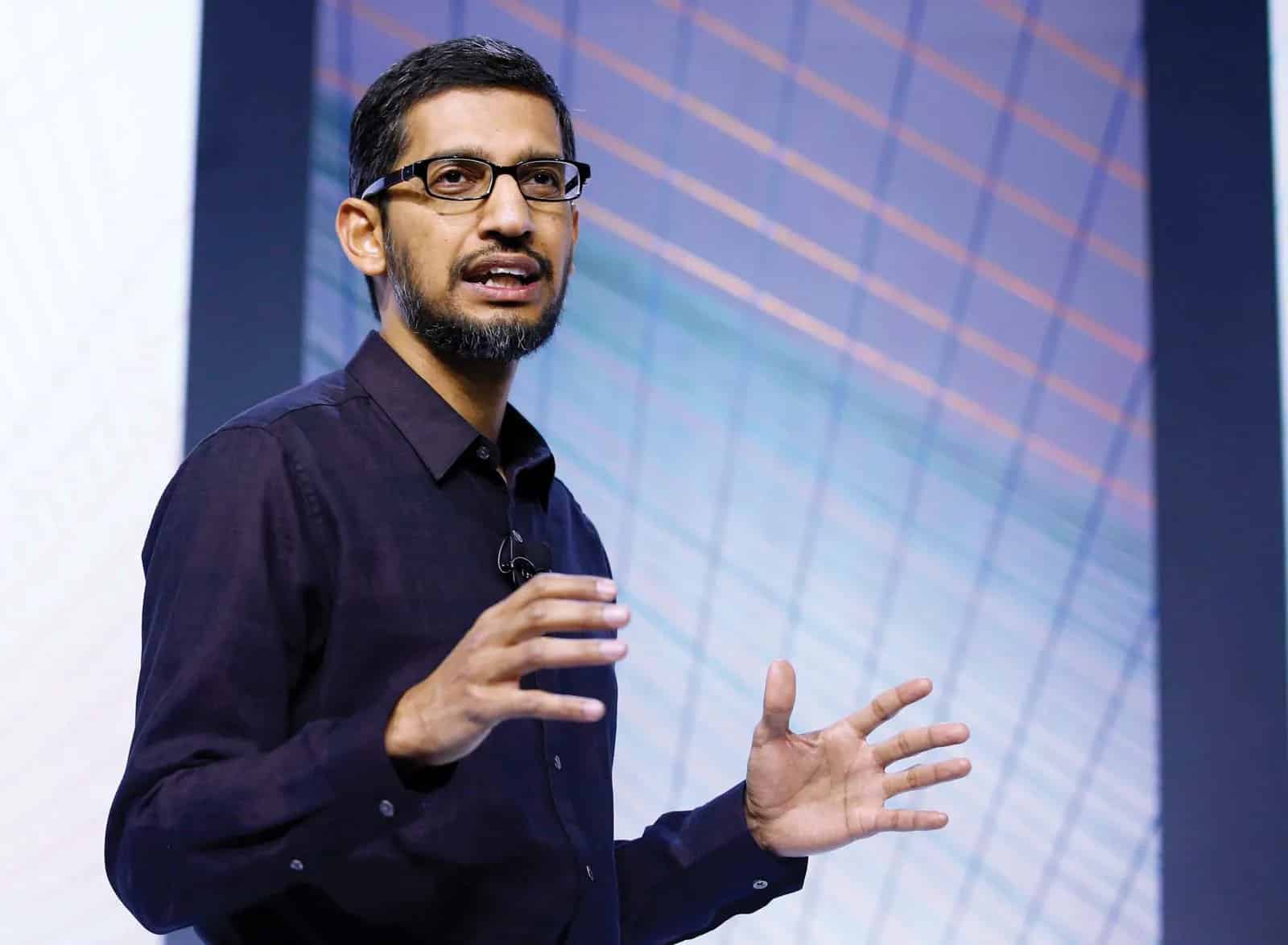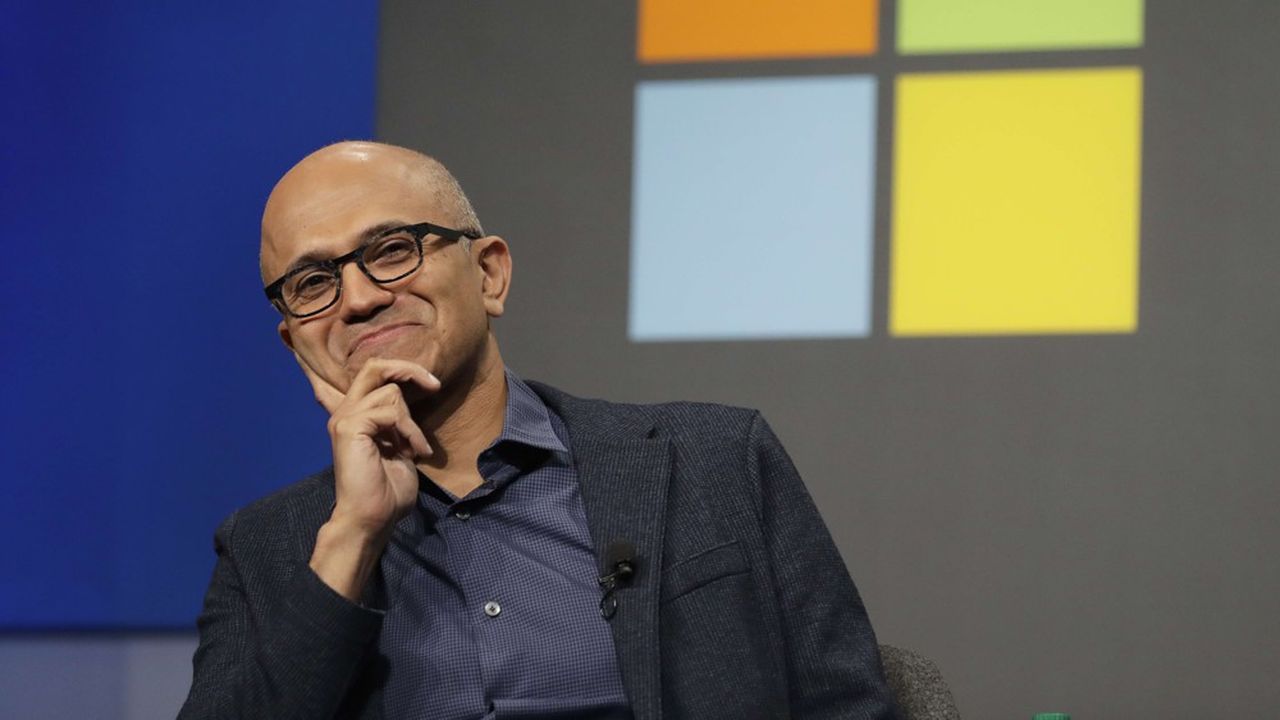Long hampered by the glass ceiling in the United States, Indian engineers have enjoyed great recognition in major companies in recent years. Many of them are now reaching management positions and settling in Silicon Valley. What is the reason for this success?
Twitter, Microsoft, Alphabet…and the list goes on. Many Indian-origin leaders hold senior positions in the world's largest companies. A stunning success despite Indian immigrants representing only 1% of the population in the United States and 6% workers from Silicon Valley. However, it was not always like this.
“As victims of stereotypes, Indian immigrants have long been excluded from management positions: they are seen as great engineers but not as leaders,” said Indian businessman Vivek Wadhwaprofessor in the School of Engineering at Carnegie Mellon University in Silicon Valley.
Colonial past
THAT India's colonial past undeniably plays a role in the development Indian diaspora. As a souvenir from the British colonial era, English not only a common language between states, but also a language of instruction in universities and higher education institutions.
The colonial era brought a lot of suffering to the Indian population at that time and left a lasting mark on the mentality of many Indians, who often more western than it seems at first glance.
Administration and legal system still largely based on the structure introduced to the continent by the British. In addition, most families place great importance on education. Young people are encouraged to excel from an early age in the face of countless competitions. Only the best are able to overcome bureaucratic obstacles and succeed in the world's second most populous country.
Training and entrepreneurship
Google (Sundar Pichai), Nokia (Rajeev Suri), Adobe Systems (Shantanu Narayen), Pepsi (Indra Nooyi) and Mastercard (Ajaypal Singh Bangaont) it is now run by people from the subcontinent.

Since that 80s, thousands of English-speaking engineers are trained every year in Indian universities, especially in Bengaluru. Computer science colleges are considered as training places that open up a promising future. Indian Institute of Technology (IIT). Some of them then chose to continue their studies in the United States. After graduating, they recruited by a large company or decide to set up their own start-up.
“Indians first achieved success as entrepreneurs, then entered the venture capital world by becoming funding partners,” said the Indian businessman Venkatesh Shukla in an interview with Les Echos. “After the glass ceiling was broken, big companies started entrusting them to management positions. And now they are CEOs! »


In the 2012there Kauffman Foundation thus it is estimated from one third Silicon Valley companies founded by migrants were created by Indians, versus 8% by the Chinese.
Humility
Indians in Silicon Valley today have an unprecedented asset: in addition to their perfect command of English and advanced technical skills, they also have a reputation for being technically sound. their style of governance is more flexible and humble than their counterparts in California.
“When you come from a country like India with its diversity of religions, languages and cultures, it makes you more open and more able to deal with differences,” estimated Vivek Wadhwa. “At a time when tech leaders are being ostracized for their controversial practices and arrogance in the face of criticism, this is a huge cultural asset. »
Read also>GAUTAM ADANI, THE FALL OF MAN AND ITS EMPLOYEES
Featured photo:© Press

“Twitter junkie. Hipster-friendly bacon expert. Beer ninja. Reader. Communicator. Explorer. Passionate alcohol geek.”







